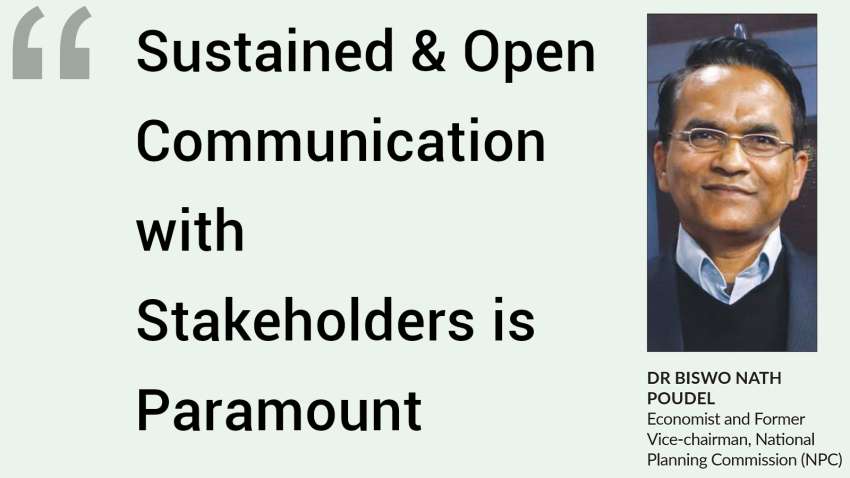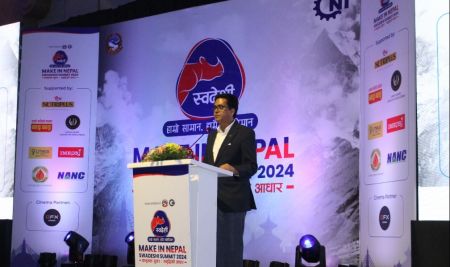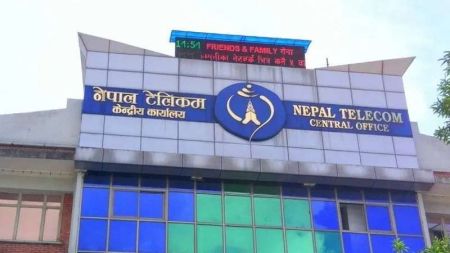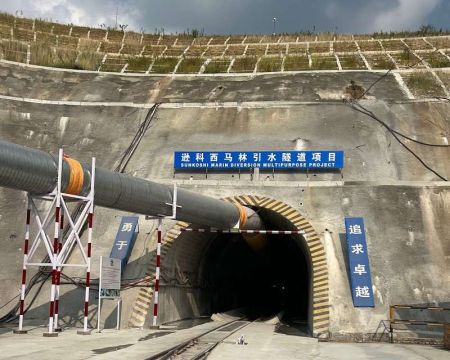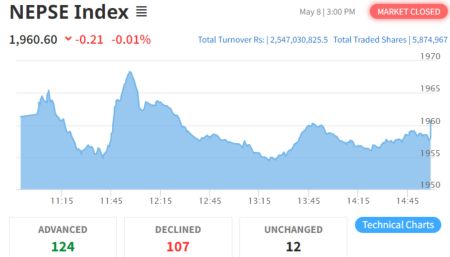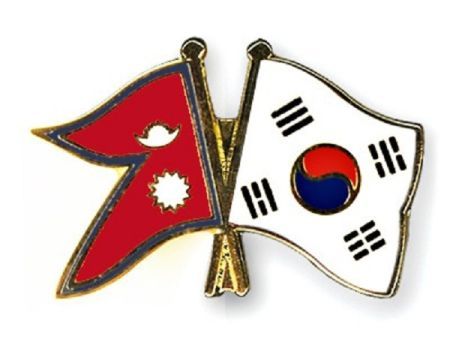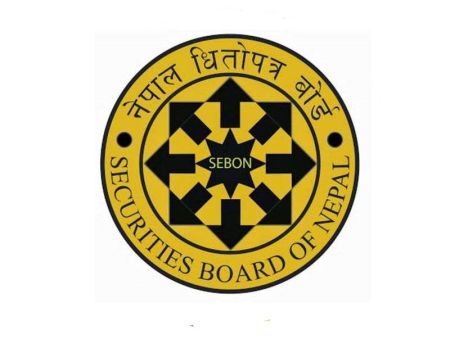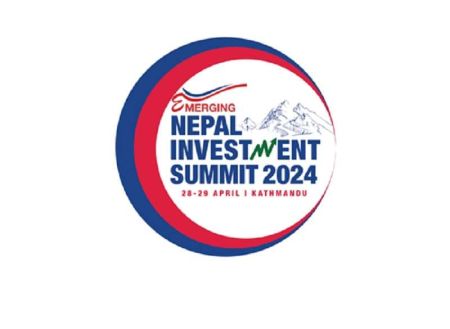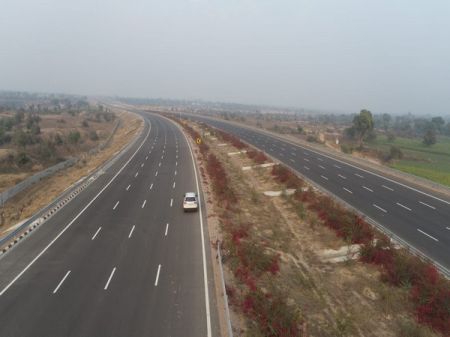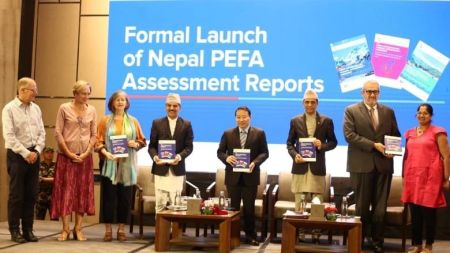Nepal has been a member of the Least Developed Countries (LDC) group ever since the group was created in 1971. But now the country is set to shed its 55-yr-old identity and graduate to a developing country in November 2026. How should we take this transformation?
Positively! This shift will undoubtedly enhance our international image and could potentially serve as a magnet for increased investment.
What are the key challenges in this transformation?
It's true that with the transition from LDC status to a developing nation, Nepal might experience a potential loss of certain benefits, including concessionary tariffs, reduced borrowing rates in select financial institutions, and specific scholarships extended to bureaucrats or visiting scholars. Often, those directly impacted by such changes tend to oppose this transformation.
Is Nepal in a position to address all these challenges?
Absolutely. Sustained and open communication with all stakeholders is paramount during this transition phase. Engaging in continuous dialogue with various entities, including firms concerned about potential losses in export markets and countries offering concessions, is crucial. There is nothing that cannot be addressed satisfactorily.
Nepal had got a five-year preparatory period for this graduation in 2021. Of these five-years, two years have already passed and now only three years remain. Did we utilize these two years as expected?
Acknowledging the challenges in the negotiation process with the EU is an important step. I believe the negotiation with EU is not really progressing as expected.
What are the things that Nepal must do in the next three years?
Negotiating prudently with entities like the EU and Canada requires a strategic approach. Simultaneously, involving local stakeholders such as FNCCI (Federation of Nepalese Chambers of Commerce and Industry), CNI (Confederation of Nepalese Industries), and other relevant groups is essential. Identifying the stakeholders who might experience setbacks or gains from this transformation is equally important. Recognizing both the potential losers and winners allows for a more comprehensive understanding of the implications.
What are the advantages of graduation?
Firstly, it is our moral responsibility. Graduation signifies a moral obligation to allocate resources where they are most needed. As Nepal progresses from LDC status, it frees up resources that can be redirected to countries facing more acute economic challenges. We should not greedily claim what should be going elsewhere. This transition allows for a more equitable distribution of limited resources among nations in need.
With the new status, Nepal gains the potential to attract Foreign Direct Investment (FDI) and secure more favorable loans, particularly for essential infrastructure development projects.
Graduation provides an opportunity for Nepal to redefine its global image allowing for a rebranding effort.


